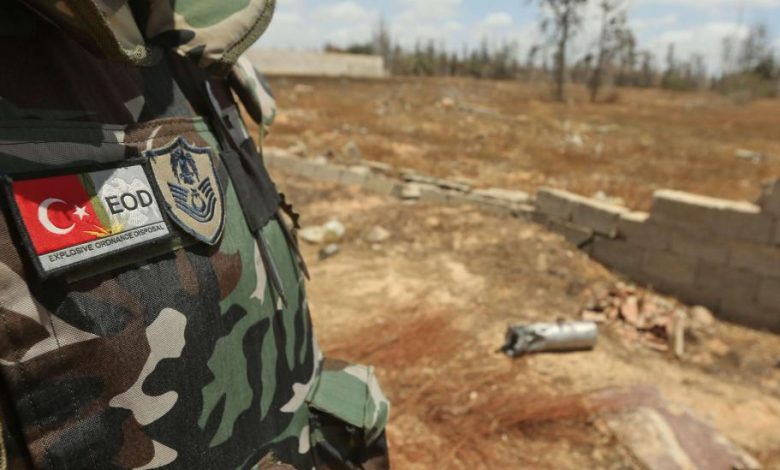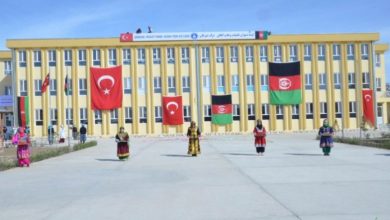Turkey should avoid Libya trap, back compromise peace deal – Crisis Group
“Eventually, a new cycle of violence almost certainly will emerge, as the opposing side tries to level the playing field by counter-escalating.”

Turkey should avoid the trap of a new cycle of violence in Libya and pressure the United Nations-recognised government in Tripoli to accept a compromise peace deal with opposition forces in the country, the International Crisis Group said.
The Turkish government should be wary of overreach and prevent any attempt to capture the strategic Mediterranean city of Sirte, which will likely provoke an Egyptian intervention, the Brussels-based organisation, which seeks to prevent wars through field offices around the world, said in a statement on Monday.
“Their strategy is wearily familiar: re-establishing their proxy’s military superiority with the aim of going back to the negotiating table from a position of strength,” the International Crisis Group said. “The problem with this approach is that the other side and its foreign backers are unlikely to accept a lopsided negotiation, as the past years of conflict and diplomacy in Libya have shown.
Turkey should instead persuade Tripoli to accept a solution to the conflict that includes compromises on central Libya’s security arrangements and oil revenues that could eventually lead to a comprehensive military and political agreement to reunify Libya, the International Crisis Group said.
Meanwhile, any direct intervention by Egypt, which has threatened action should Turkish and Tripoli-backed forces advance on Sirte and oil-rich Jufra in central Libya, is likely to be limited to placing forces just inside Libya to secure the border, the organisation said. Egypt, Russia and the United Arab Emirates are supporting the opposition, led by General Khalifa Haftar.
“It [Egypt] could back up such an operation with airstrikes upon pro-Tripoli forces, should they seek to advance,” it said. “With Sirte located 1,000km from the Egyptian border, deploying troops to central Libya would pose significant logistical challenges for the Egyptian army, lengthening supply lines and promising only inconsistent air cover to ground troops.”
The ICG said the opportunity for compromise seems ever more remote with each new intensification of the conflict, while the risk of a larger regional war looks ever greater.
“If there still is a chance to reverse course, regional actors should jointly take it – now – or find themselves mired in an endless regional confrontation,” it said.




